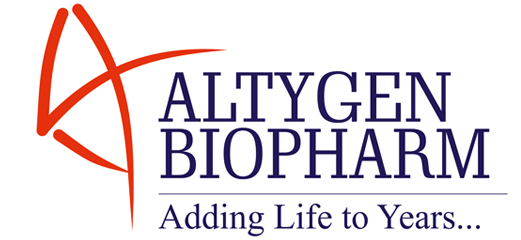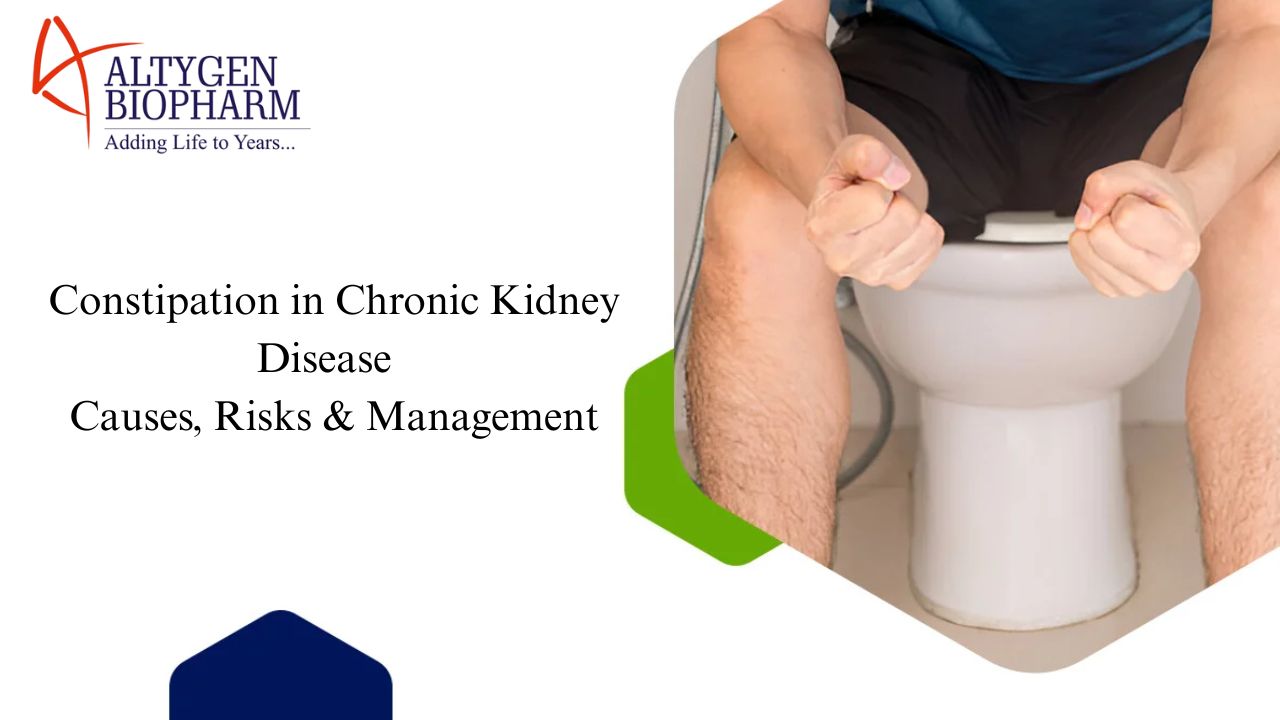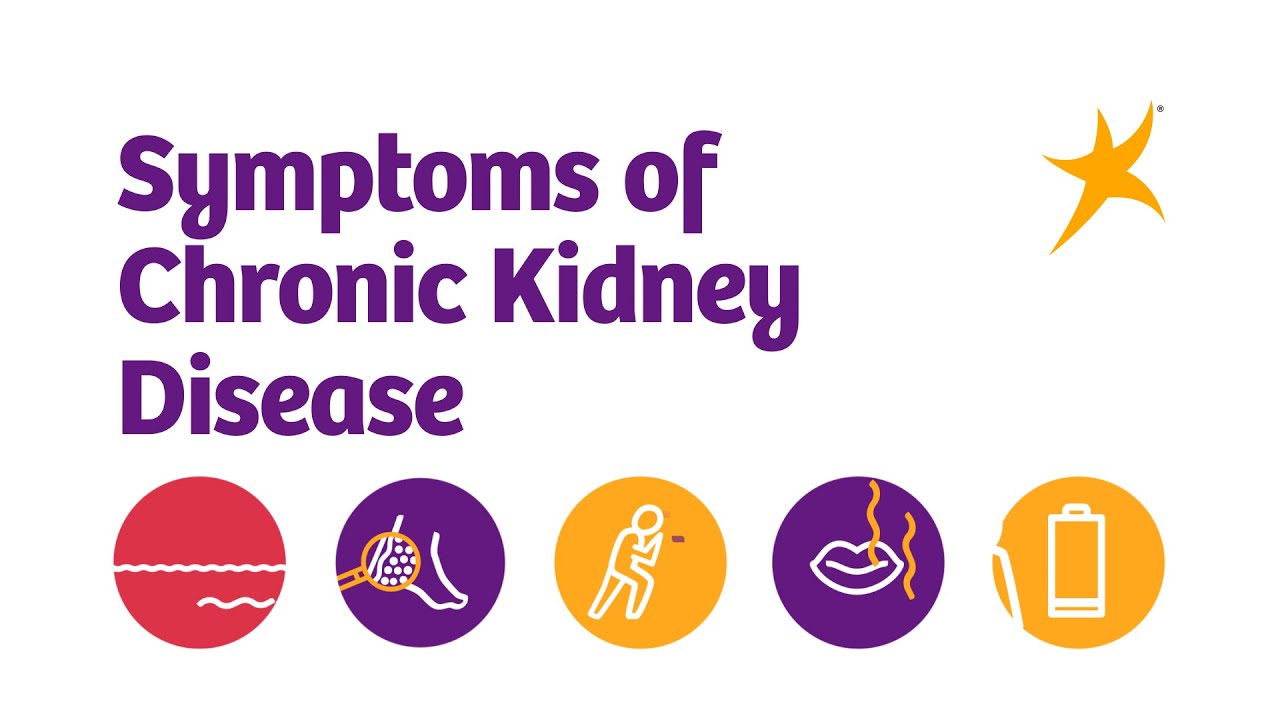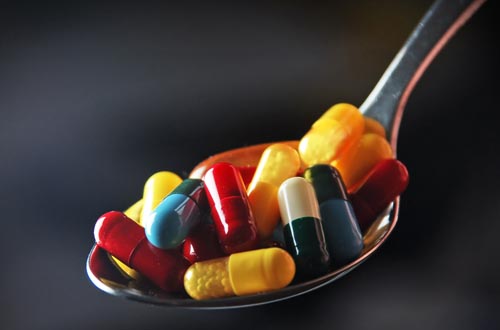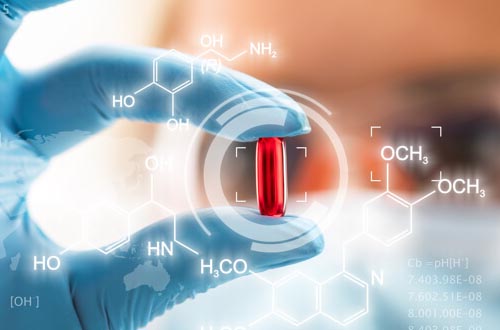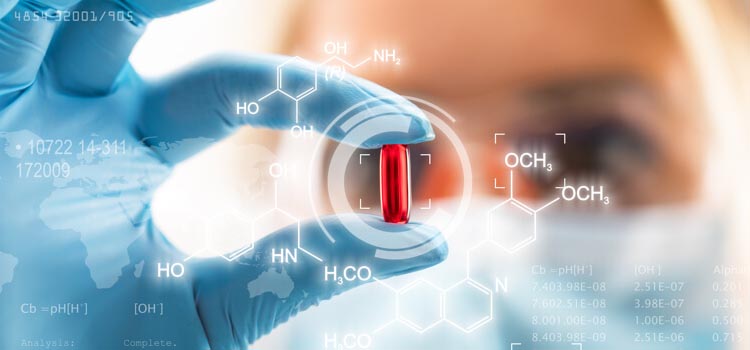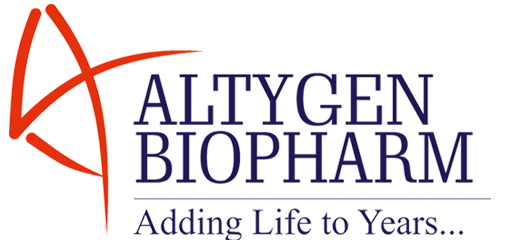In today's world, where health is important, pharmaceutical companies play a pivotal role in ensuring that the medicines we consume are not only effective but also safe. Behind every medicine we take, there's a thorough process that pharmaceutical companies adhere to, aimed at ensuring quality and safety standards. Let's dive into the fascinating world of pharmaceutical manufacturing and discover how pharmaceutical companies support these crucial regulations.
● Quality Control: The Backbone of Pharmaceutical Manufacturing
Quality control is the cornerstone of pharmaceutical production. It encompasses a series of rigorous procedures implemented at every stage of drug development and manufacturing. From sourcing raw materials to packaging the final product, each step is closely monitored to maintain consistency and efficacy.
To ensure quality, pharmaceutical companies employ advanced techniques such as chromatography, spectroscopy, and microbiological testing. These methods enable scientists to analyze the chemical composition of drugs, detect impurities, and verify potency levels. By adhering to strict quality standards, companies mitigate the risk of producing substandard or contaminated medications.
● Strict Regulations: Upholding Safety Standards
In the pharmaceutical industry, safety is non-negotiable. Governments worldwide enforce stringent regulations to safeguard public health and prevent the distribution of harmful drugs. Regulatory bodies set guidelines that pharmaceutical companies must follow.
Before a drug can reach the market, it undergoes extensive testing to assess its safety profile. Preclinical studies evaluate the drug's toxicity and potential side effects in laboratory settings, while clinical trials involve testing the drug on human subjects under controlled conditions. These trials provide crucial data on efficacy, safety, and dosage, helping regulators determine whether a drug is fit for public use.
● Transparency and Accountability: Building Trust with Consumers
In an industry where trust is paramount, pharmaceutical companies prioritize transparency and accountability. They provide comprehensive information about their products, including ingredients, potential side effects, and proper usage. This empowers consumers to make informed decisions about their health and ensures they have access to accurate information.
Moreover, pharmaceutical companies invest in pharmacovigilance programs to monitor the safety of their products post-market. Healthcare professionals and consumers can report any unexpected side effects or issues associated with a particular medication through adverse event reporting systems. This proactive approach allows companies to swiftly address safety concerns and take necessary corrective actions.
● Continuous Improvement: Embracing Innovation
Innovation is the lifeblood of the pharmaceutical industry. Companies constantly strive to develop new drugs and improve existing ones to meet evolving healthcare needs. Whether it's enhancing drug delivery systems, exploring novel therapeutic targets, or optimizing manufacturing processes, innovation drives progress in the search for better healthcare outcomes.
Advanced technologies such as artificial intelligence, genetic engineering, and precision medicine are revolutionising drug discovery and development. These cutting-edge tools enable scientists to accelerate research, personalize treatments, and minimize adverse reactions. By embracing innovation, pharmaceutical companies not only enhance the quality and safety of their products but also pave the way for groundbreaking medical advancements.
● Collaboration and Knowledge Sharing: Fostering Industry-wide Cooperation
In the pursuit of quality and safety, collaboration is key. Pharmaceutical companies often collaborate with academic institutions, research organizations, and regulatory agencies to share knowledge, resources, and best practices. By pooling their expertise, stakeholders can address common challenges more effectively and accelerate scientific progress.
Furthermore, industry-wide initiatives promote transparency and standardization across the pharmaceutical sector. Programs such as good manufacturing practices (GMP) and quality management systems (QMS) establish guidelines for manufacturing processes, quality control, and risk management. By adhering to these standards, companies demonstrate their commitment to excellence and build trust among consumers and regulators alike.
● A Commitment to Health and Well-being
Ensuring quality and safety in the pharmaceutical industry is a multifaceted work that requires dedication, innovation, and collaboration. By adhering to stringent regulations, implementing rigorous quality control measures, and fostering transparency and accountability, pharmaceutical companies uphold the highest standards of excellence.
As consumers, we can rest assured that the medicines we rely on undergo rigorous testing and scrutiny to ensure our safety and well-being. Moving forward, it's essential to continue investing in research, embracing innovation, and fostering industry-wide cooperation to address emerging challenges and improve healthcare outcomes for all.
Remember, when it comes to your health, quality and safety are non-negotiable. Trust in the rigorous processes and unwavering commitment of pharmaceutical companies to deliver medicines that not only heal but also inspire confidence in the power of science to enhance our lives.
Leave a Reply
Your email address will not be published. Required fields are marked *

